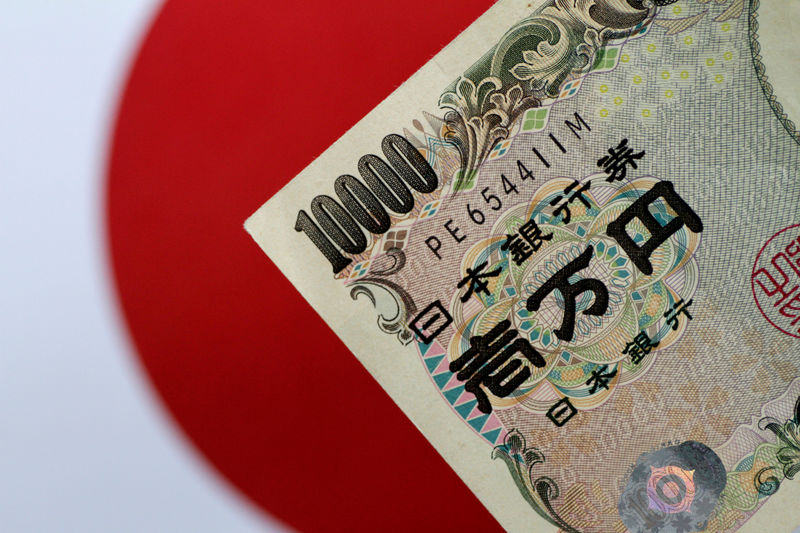Headline: Rising U.S. Bond Yields Unsettle Asian Investors
Asian markets are facing a new wave of investor anxiety as U.S. bond yields rise and the dollar strengthens. The yield on the 10-year U.S. Treasury note exceeded 4.20% on Tuesday, reaching this level for the first time in three months. Simultaneously, the dollar index, which measures the dollar's value against other currencies, hit heights not seen since August 2.
These rising yields and the stronger dollar not only reflect positive views on U.S. economic growth but also heighten concerns about substantial U.S. expenditures and budget deficits, especially in the run-up to the U.S. elections. These concerns have pushed the U.S. "term premium" back to its highest level in a year, indicating that investors are demanding more compensation for long-term government borrowing.
The impact of these developments is evident in the performance of Asian stocks, which have declined in five out of the last six sessions. The dollar's strength against the yen, surpassing 151.00 yen to a three-month high, has made it the worst-performing major Asian currency this year.
Japanese stocks have not benefited from the weak yen, with the Nikkei index hitting a three-week low despite recent foreign investor buying, suggesting domestic investors may be considering shifting their funds to overseas markets.
Wednesday's economic calendar for Asia is relatively calm, featuring only Singapore's September inflation data and Taiwan's industrial production figures. However, global events such as the BRICS summit in Kazan, Russia, and the annual IMF and World Bank meetings in Washington are likely to influence market directions.
Notably, the International Monetary Fund (IMF) released its World Economic Outlook report on Tuesday, lowering GDP forecasts for China and Japan. Japan's growth forecast was reduced from 0.7% to 0.3%, marking one of the most significant downward revisions among major economies.


